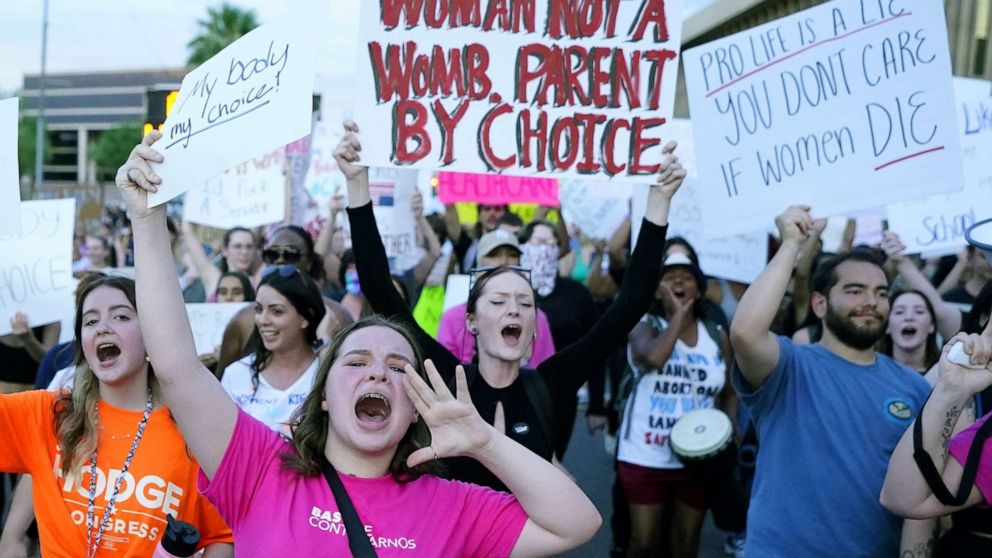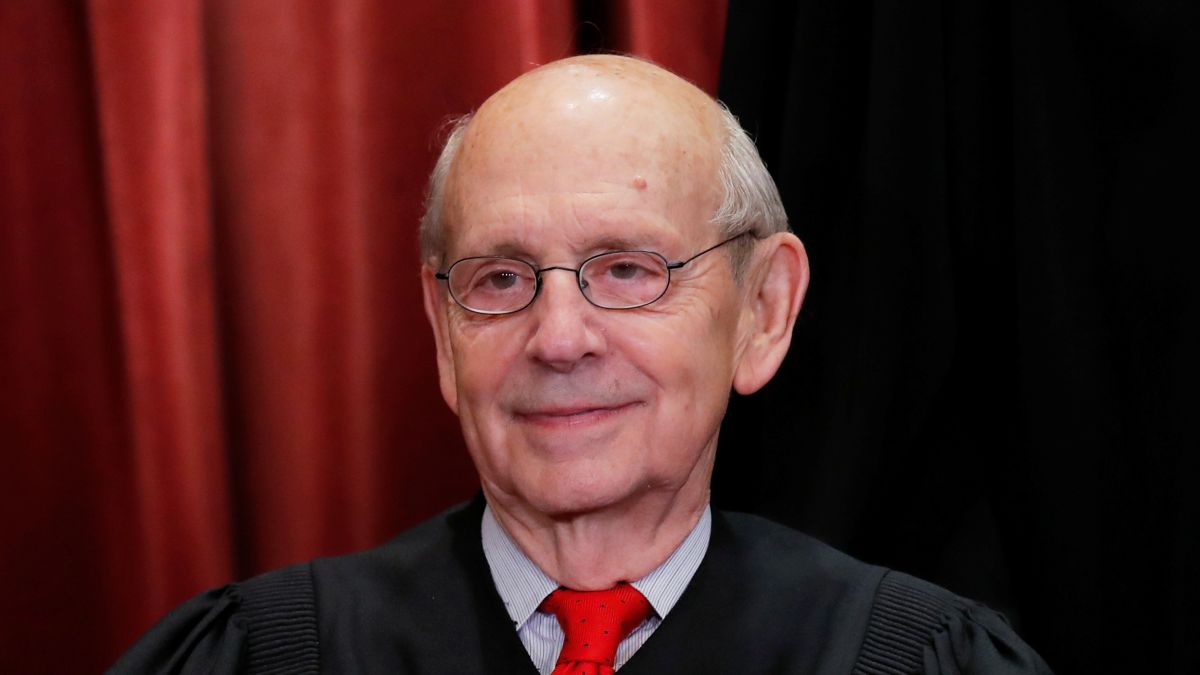Photo: Penn Medicine
If COVID-19 has taught us one great lesson, it is that some healthcare can be done by a digital device. For example, consultations can be done by sharing photos, talking by phone, or zoom (i.e., video conferencing call). And that has expanded healthcare access for those in remote locations. But, of course, upon decreasing COVID-19 cases, Congress is now reducing the budget allotted for telemedicine. Which is a point of debate around the country.
But returning to these new avenues of healthcare access, one must ask the following questions:
What are the ramifications of such health care? Longterm, short term?
To answer these questions, the writers at Politico Digital Pulse published a newsletter that offers a brief commentary provided below:
Today, we present four consequential trends that will affect health care’s future and their potential benefits and downsides.
1) At-home care
Patients have become comfortable talking with their doctors on a computer and using a bevy of digital devices to monitor, and manage, their health care. Wireless blood pressure cuffs, wearable blood glucose meters, portable ultrasounds, at-home tests and smart scales that detect diabetic foot ulcers make it possible for patients to manage their health.
That promises huge dividends for patients’ health and cost-savings, too. “Things that were done five years ago in the hospital can now be done at home,” Michael Dowling, CEO of Northwell Health, New York State’s largest health care provider, told Future Pulse.
But getting government insurance programs like Medicaid to pay for new treatments is tricky.
And while patients have increasing access to consumer health and fitness apps, data tracking presents thorny privacy issues.
2) Value-based care
Momentum is building for value-based care — a system that reimburses doctors for keeping patients healthy instead of counting the number of services they provide.
A value-based care approach should encourage patients to get routine physicals and seek preventive care.
“You want people to be screened for cancer. You want people to go see their primary care physician — these are good things because they lead to lower costs downstream,” said Myoung Cha, head of strategy at primary care provider Carbon Health.
The Centers for Medicare and Medicaid Services has expressed its desire to move toward value-based care.
But adoption is slow because of the expense to upgrade computer systems to collect patient data, shifting rules and incentives on how providers are paid and reluctance to move from a simple payment model to one that presents more financial risk.
3) Primary care
Long waits for appointments. Little follow-up from doctors. Patients are frustrated with their primary care. But disruption is coming.
Amazon has acquired One Medical, which offers 24/7 telemedicine and storefronts for in-person appointments. Walmart bought MeMD, expanding into urgent and primary care. CVS’ $8 billion acquisition of at-home care coordinator Signify Health is another example.
If all goes well, patients will benefit from the market forces at work. But the FTC is worried about the power big firms are accumulating, and expanded telehealth could create fraud risks.
4) Artificial intelligence
Artificial intelligence hasn’t reached its potential in the health care space — yet.
But little by little, researchers and doctors are figuring out how best to use AI to help them make more accurate diagnoses and more effective treatment decisions.
Some of the most compelling algorithms have cut down the amount of paperwork and planning doctors must complete before performing medical procedures. That eases labor constraints and burnout.
“We are leveraging advances in technology to make sense of these disparate data sets and ensure they have real-world applications to improve health,” said Stephen Gillett, the president of health tech firm Verily.
But AI that’s not carefully monitored can exacerbate disparities in health care, too, a threat regulators are watching.







